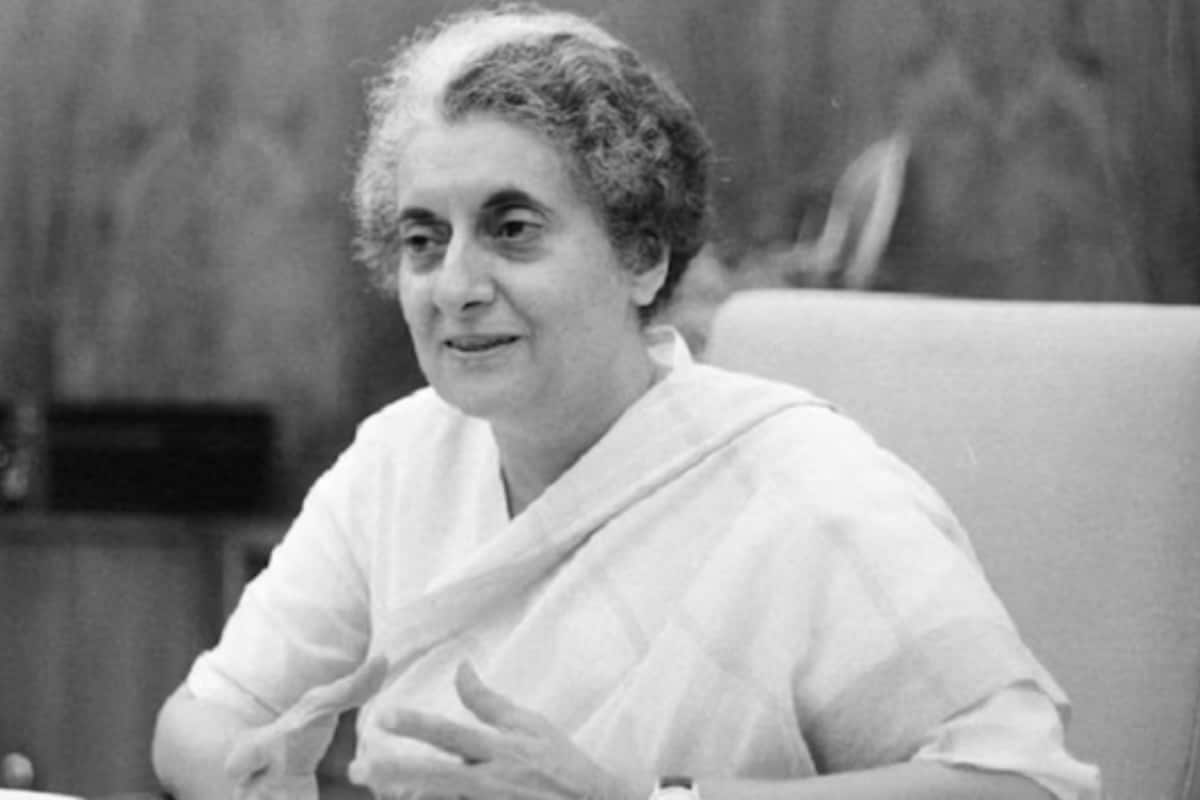

During the 1971 India-Pakistan War, a critical juncture in South Asian history that led to the creation of Bangladesh, the relationship between Indian Prime Minister Indira Gandhi and U.S. President Richard Nixon was strained, to say the least. While the question of whether Indira Gandhi deliberately ignored a phone call from Richard Nixon remains a subject of debate, the documented animosity and diplomatic tensions between the two leaders suggest a complex dynamic that influenced their interactions.
Historical context reveals a significant divergence in the perspectives of the Nixon administration and the Indian government regarding the conflict. The U.S. viewed Pakistan as a crucial ally, particularly due to its role in facilitating secret communications with China, while India's growing alignment with the Soviet Union raised concerns in Washington. These Cold War geopolitics heavily colored Nixon's approach to the crisis.
Declassified White House tapes have shed light on Nixon's personal disdain for Indira Gandhi. He reportedly found her "condescending," and his administration believed she had misled him during her visit to Washington in November 1971, when she claimed India had no desire for war with Pakistan. Nixon and his Secretary of State, Henry Kissinger, harbored deep suspicions about India's intentions and were wary of India's growing influence in the region. The tapes also reveal derogatory remarks made by Nixon and Kissinger about Indira Gandhi and the Indian people. Nixon referred to her as an "old witch," while Kissinger used even more offensive language.
In contrast, Indira Gandhi, often referred to as the "Iron Lady," was determined to address the humanitarian crisis unfolding in East Pakistan, where millions of refugees were fleeing persecution by the Pakistani military. She sought international support for India's position and skillfully navigated the complex diplomatic landscape. When Pakistan launched a pre-emptive strike on Indian air bases on December 3, 1971, Indira Gandhi declared a war that was "forced on us".
As India's victory became increasingly apparent, Nixon deployed the USS Enterprise-led Seventh Fleet to the Bay of Bengal, a move widely interpreted as a warning to India. However, Indira Gandhi, backed by the Indo-Soviet Treaty, is said to have dismissed the threat. The Soviet Union also sent a fleet to the Bay of Bengal to counter the American naval presence.
While there is no definitive evidence confirming that Indira Gandhi ignored a direct phone call from Nixon during the war, the documented hostility and mistrust between the two leaders, combined with Nixon's clear pro-Pakistan stance, make it plausible that direct communication was avoided or strategically managed by the Indian side. Some sources suggest that Indira Gandhi refused to bow to US pressure during the 1971 war. Congress leader Jairam Ramesh shared a letter written by her to then US President Richard Nixon on December 12, 1971, and noted that Pakistan surrendered four days later.
The 1971 war was a defining moment in Indira Gandhi's premiership and solidified India's position as a regional power. Her leadership during the conflict, her ability to secure Soviet support, and her firm stance against U.S. pressure demonstrated her political acumen and resolve. Whether or not she ignored a phone call from Nixon, Indira Gandhi undoubtedly defied his administration's attempts to influence the outcome of the war.